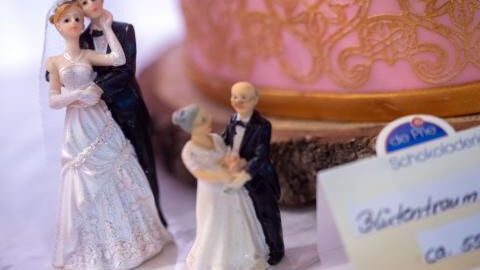It may soon be legal for women in South Africa to take more than one husband. The proposal to give legal recognition to polyandry —when a woman has more than one husband at the same time— was contained in a new Marriage Act gazetted by the home affairs department last month.
Discover our latest podcast
Currently in South Africa, same-sex marriage and polygyny are legal, making it possible for men to have more than one wife at a time. According to officials, this proposal is to promote equality, stating the current marriage act is discriminatory to women.
What have been the reactions?
The proposal to extend this courtesy to women has since generated heated debates in parliament, on social media and it remains a hot topic of discussion in South Africa.
So far, opinions are split on this proposal with conservatives saying it would usurp the traditional role of men within the family.
One of the fiercest opponents of polyandry is Businessman and TV personality Musa Mseleku who himself has four wives. According to him, this law is foreign to the African culture and must be kicked against.
This will destroy African culture. What about the children of those people? How will they know their identity? The woman cannot now take the role of the man. It's unheard of. Will the woman now pay lobola [bride price] for the man? Will the man be expected to take her surname?
However, for those in support of this proposal, comments such as those of Mseleku stem from patriarchy and hypocrisy.
Elizabeth Retief, a member of PolyamorySA, has welcomed the proposal as a move in the right direction. Speaking to CapeTalk, she said,
It's high time this happened... and maybe eventually this will come around to polyamorous marriages because polygamy and polyamory are actually quite contradictory ways of life, while it actually might seem the same on the surface. Any step in the direction of breaking away from this very strong idea that monogamy is the only way to have a relationship is a step in the right direction.
The Green Paper also puts forward proposals to recognise Hindu, Jewish, Muslim and Rastafarian marriages.















